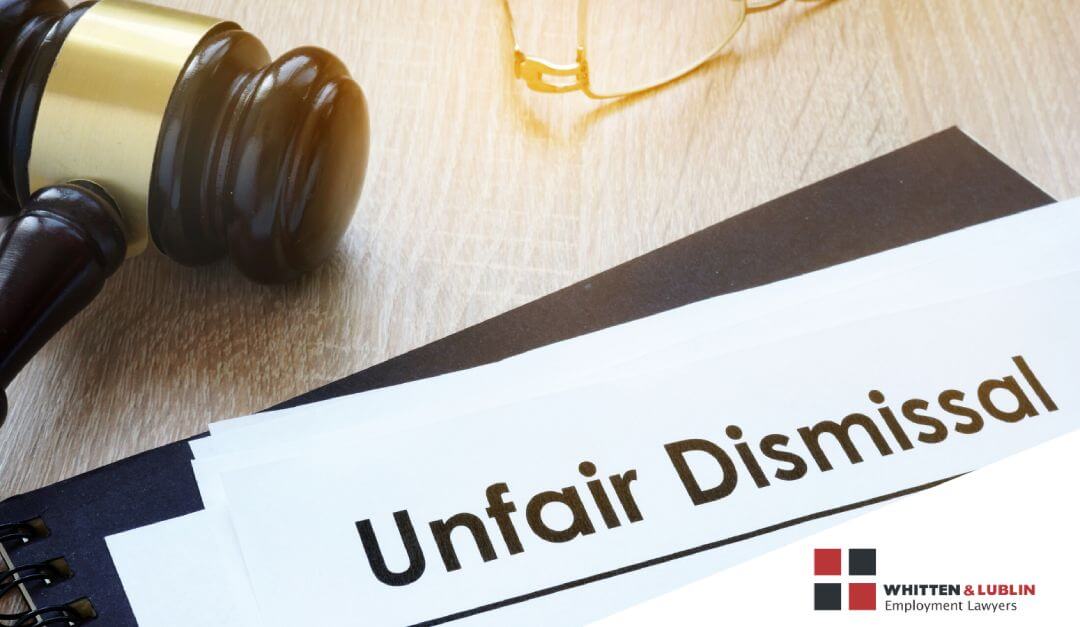
How Much Can You Sue For Wrongful Dismissal in Ontario?
Before you sue for wrongful dismissal, make sure you understand your rights and also the legal terminology behind your claim. A wrongful dismissal results when an employer terminates an employee without adequate notice or payment equivalent to earnings that would have been earned during the notice period. ‘Suing’ an employer for wrongful dismissal would mean seeking damages in the amount of what would have been owed in the form of notice pay. Assessing this amount, however, can vary to a significant degree.
Notice pay is an estimate of the time it would take an employee to find comparable employment, which means the amount of notice pay owed varies on a case-by-case basis. Some key factors considered include age, position, credentials/skills, tenure, labor market and so on. For instance, a senior manager that has many employees reporting to him/her would be entitled to considerable more notice pay compared to an employee of junior status, young age, and less tenure.
Notice pay, however, could be limited by a termination clause, but only if the clause is valid. Given recent scrutiny of termination clauses by the courts, poorly drafted clauses, or clauses that were drafted many years ago are likely to be invalid. An experienced employment lawyer would be able to assess the validity of such a clause and also ensure that wrongful termination is remedied. If payment of severance or notice is contingent upon signing a severance agreement or release, have an employment lawyer review any offers, as such offer could be less than what would be owed



